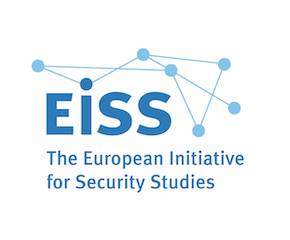Speaker
Description
In May 2021, a study commissioned by the European Parliament claimed that most Member States in Eastern Europe are reluctant to engage in intra-EU defence industry cooperation and prefer to buy American military hardware as an integral part of their strategic partnership with the US. Less than one year later, Russia’s invasion of Ukraine should thus have widened this purported West-East divide. And yet, in March 2022, just a few weeks after the invasion and with the EU busy stimulating MS’ collaborative investments in joint projects and joint procurement of defence capabilities, it was a Western European country such as Germany who suddenly procured three squadrons of US-made F-35 fighter aircraft. In fact, by investigating MS arms collaboration and procurement over the period 2014-2023 through both primary and secondary sources, this paper shows that no such divide exists. When it comes to the procurement of foreign weapons, Western and Eastern MS show similar EU/extra-EU ratios, with France actually buying less European than Hungary. As for arms collaboration, rather than a West-East divide, the findings strongly suggest the existence of a large-small divide within the EU, with smaller MS typically avoiding high-end PESCO projects in favour of defence offsets. Indeed, whereas larger MS can negotiate favourable workshare arrangements, contrary to elsewhere argued, smaller ones do not expect to reap technology transfer benefits from arms collaboration. Overall, however, Russia’s invasion of Ukraine has had a negative impact on EU defence cooperation. Virtually all new joint development and procurement initiatives have occurred through a NATO framework and may well eventually see the participation of the US, or the procurement of extra-EU weapons. Moreover, EU defence supply chains expand (e.g. US, Israel) and extend (e.g. South Korea) considerably, thus putting into further question EU defence cooperation as well as EU strategic autonomy more broadly.
| What discipline or branch of humanities or social sciences do you identify yourself with? | IR, SecStud |
|---|---|
| If you are submitting an Open Panel proposal, have you included all four abstracts in attachment? | No, I am submitting a Closed Panel abstract |
| Are you a PhD student or early-career researcher? | Yes |

